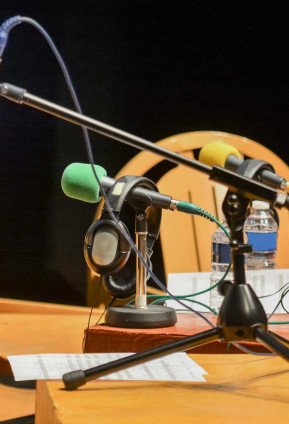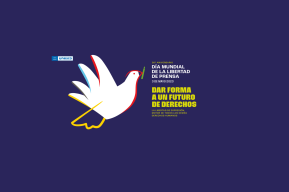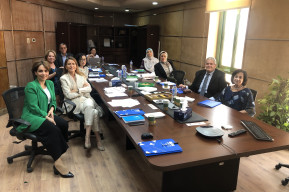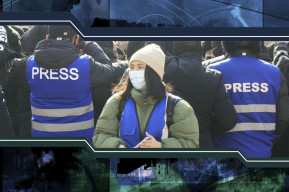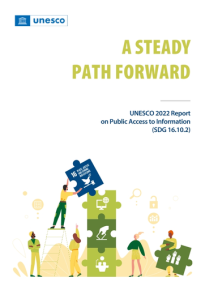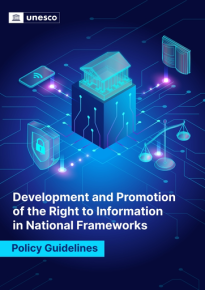
Communication & Information
UNESCO defends and promotes freedom of expression, media independence and pluralism, and the building of inclusive knowledge societies underpinned by universal access to information and the innovative use of digital technologies.
Through capacity-building, policy advice, international cooperation, monitoring and foresight in the fields of freedom of expression, access to information, and digital transformation, UNESCO will continue to empower key actors with a view to ensuring that fundamental freedoms are guaranteed online and offline, in line with international standards.
This is all the more relevant to ensure the ethical development and use of emerging technologies, which have a growing impact on all aspects of the world’s societies. Citizens will also be empowered to enjoy these fundamental freedoms through the development of 21st century skills and the fostering of enabling environments for media pluralism and diversity.
Promoting free flow of ideas by word and image
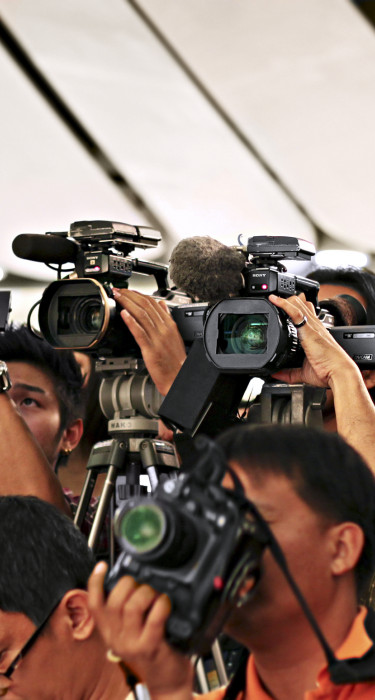
#InternetForTrust - Highlights Video
A global dialogue to guide regulation worldwide
21-23 February 2023, UNESCO Headquarters, Paris
UNESCO hosted in Paris the “Internet for Trust” conference to discuss a set of draft global guidelines for regulating digital platforms, to safeguarding freedom of expression and access to information.
To access all #InternetForTrust sessions visit: https://www.unesco.org/en/internet-conference
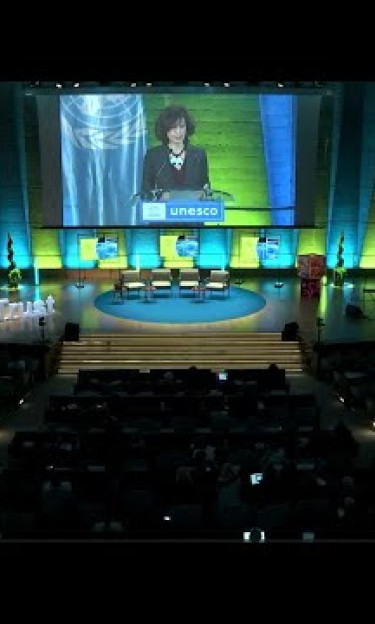
Our Stories




